“Children in the New York City foster system transition, on average, to three different homes. For some, this means three different schools, families, and environments.”
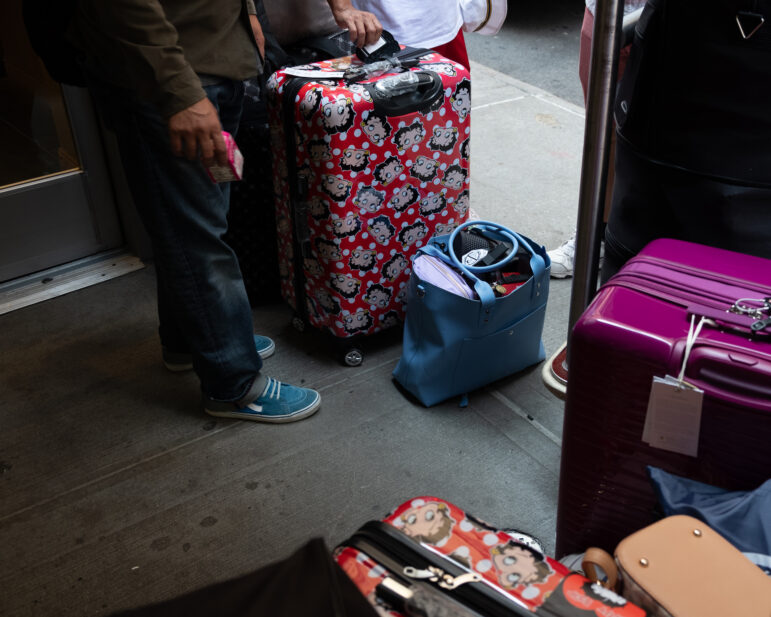
Adi Talwar
The “Luggage to Foster Care Youth” bil would mandate adequate luggage for all children in the New York City foster system.Every day in New York City, a child enters the foster system carrying everything they own in a black plastic trash bag—conveying that they are not valued and disposable. For many former foster children, including one of the authors of this piece, Sofie, our possessions are symbols: the treatment of our belongings leaves us feeling degraded, dehumanized, and traumatized.
During abrupt transitions, many of us fall silent. I know for myself, I struggled to find my voice and advocate for proper luggage. I felt like I had no authority over my own belongings. New York City’s children deserve better. Yet they currently have no legal guarantee of a dignified transition.
In 2023, a statewide pilot program called “My Bag” distributed 3,560 duffel bags to local departments of social services across the state, serving only one-quarter of the children who need them. New York City received none, despite being home to over half of the foster population. This reality unfortunately is not uncommon.
Some states have taken action. In particular, three states—red and blue alike: Oregon, Texas, and Maryland—have passed bills to ensure proper luggage for all children. New York City should join them.
Last month, we took a major step in that direction, introducing the “Luggage to Foster Care Youth” bill, a well-funded and enforceable citywide policy that would mandate adequate luggage for all children in the New York City foster system.
When I, Sofie, was first handed a large black trash bag by a caseworker, I did not speak English, but I got the message—I, and everything I held dear, was trash. I’ve spoken with countless young people in New York City’s foster system who feel similarly.
People like Jaylen, now 21, who when navigating New York City’s foster system had the word “worthlessness” echo through her mind. The trash bag felt to her “like confirmation” of that worthlessness. Destiny’s belongings “got mixed up with trash” and thrown into New York City garbage trucks multiple times during moves. The agency told another child moving with trash bags to “shut the f*** up and deal with it.”
Here in New York City, the journey through the foster care system is unstable and chaotic for thousands of children. According to AFCARS Foster Care Annual File 2021, children in the New York City foster system transition, on average, to three different homes. For some, this means three different schools, families, and environments.
Within this already stressful transition, the simple act of providing a child with a dignified piece of luggage to carry their belongings is not a well-managed or commonly practiced measure, despite the over 22,000 transitions occurring within the city alone.
In the winter of 2023, New York City took a measure to ban trash bags to protect the streets from unsightly black trash bags. Our city’s kids and their belongings deserve the same level of respect.
New York City Council Member Rita Joseph represents Brooklyn’s District 40. Sofie Fashana is a policy expert at Next100, a startup think tank built to center lived experience in policy making.


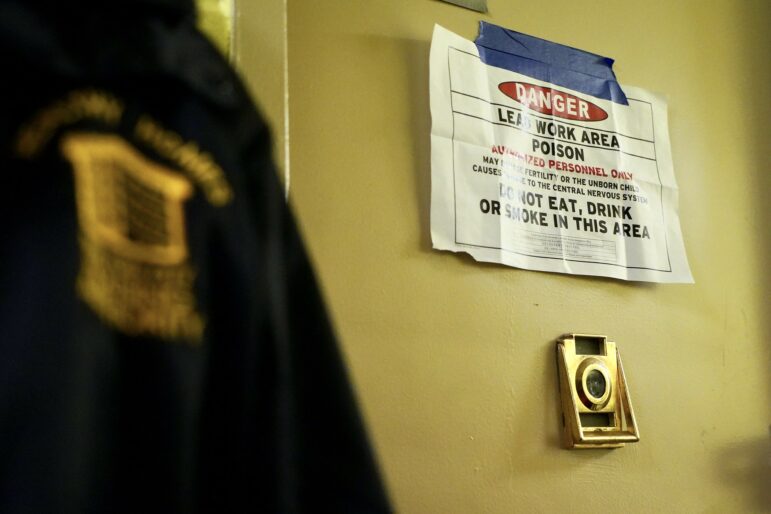
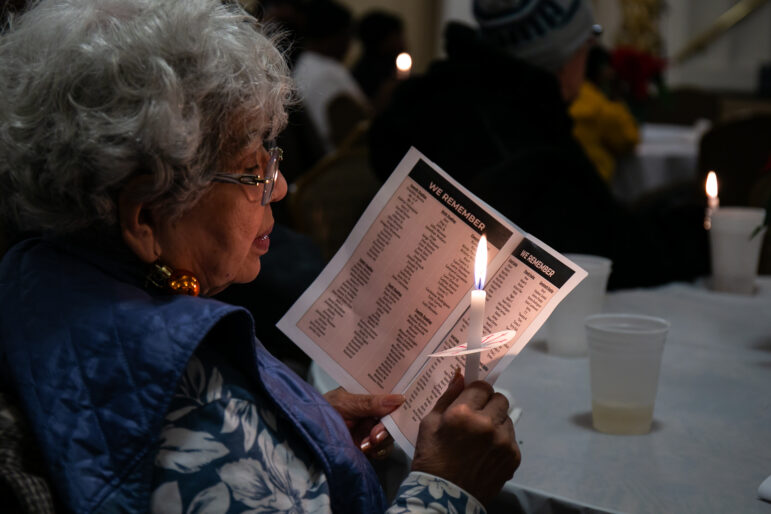
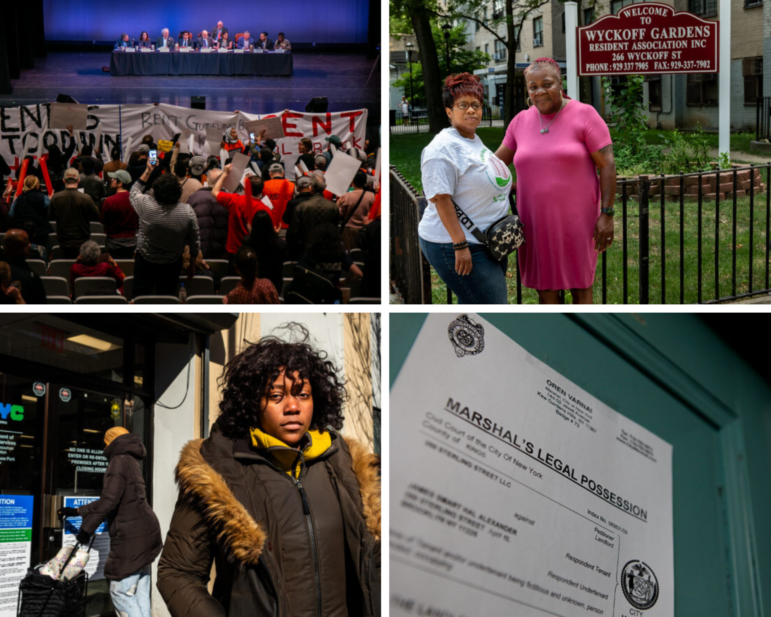
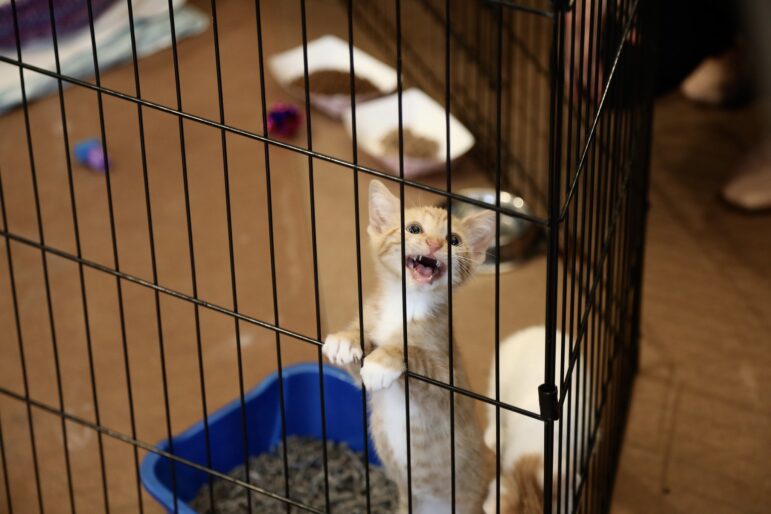
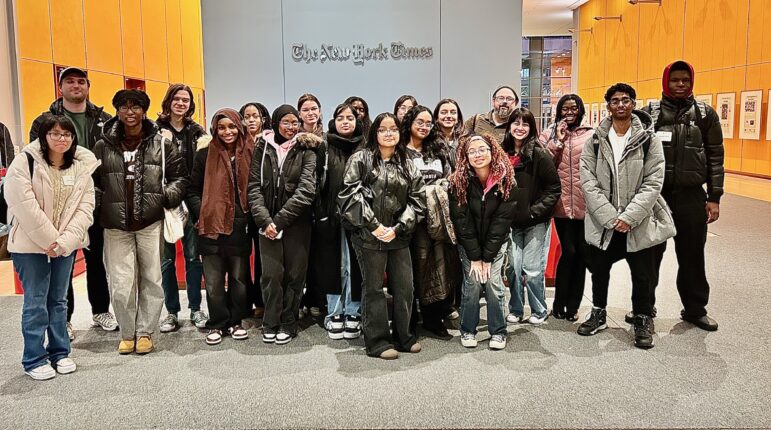


One thought on “Opinion: Foster Youth Deserve More Than a Trash Bag When Moving”
this is such a powerful and heartbreaking reality. No child should ever feel like their belongings—and by extension, their worth—are disposable. Providing proper luggage seems like such a small but meaningful change that could make a huge difference in the dignity of these children. I hope more awareness is raised about this issue so that policies can be put in place to ensure no child has to endure this experience again.